

A lot of people don’t believe in online anonymity, mainly because it has the potential to enable and encourage undesirable behavior. And while that might be true, we have to ask ourselves: is it right to throw this baby out with the bathwater?
Or in other words, is it worth sacrificing the privacy of many in order to discourage (or even outright prevent) the few from abusing said privacy? It’s a tough question to answer, but probably not.
There are dozens of examples that truly highlight the need for online anonymity today, and we’re not even talking in terms of inconvenience (e.g. “websites are tracking me“) or principle (e.g. “I deserve privacy“). Without anonymity, people’s lives can easily be ruined forever.
Sometimes you just don’t want anyone to know who you really are, even if you aren’t involved in anything illegal or questionable. There’s a level of social safety that comes with anonymity, and that can be really important for introverts in online communities.
But moreso than that, imagine if you were a celebrity of global recognition. It can be tiresome to have paparazzi everywhere and no room for being alone. You’d be surprised how many well-known figures use sites like Reddit and 4chan in secret, cherishing that small bit of quiet and privacy.
As President Barack Obama shared in his interview with Jerry Seinfeld:
Jerry Seinfeld: What is it that you really want to do that they won’t let you do?
Barack Obama: I would love to just be taking a walk and then I run into you and you’re sitting on a bench. And suddenly I say, “Hey Jerry, how’re you doing?” You say, “I’m doing pretty good, what’re you doing?” I say, “Nothing. Just a Saturday morning.”
That moment when you’ve lost your anonymity. Anonymity isn’t something that you think about as being valuable.
South Korea is a good example of this. All residents of South Korea have something called a resident registration number (RRN), which is unique to each person and is used as an identifier, and this number is usually required to register online accounts (e.g. games, websites, etc).
In theory, this makes a lot of sense because it ensures that each person can only create a single account per service. In practice, however, there are some big potential issues that could arise when things don’t go according to plan.
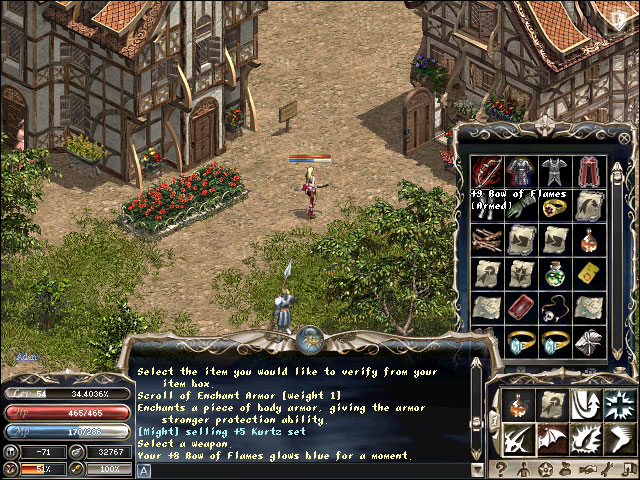
For example, in 2006, hundreds of thousands of RRNs were leaked from various consumer databases, and these RRNs were used to create false accounts in a game called Lineage as part of a money laundering operation. The worst part is that these RRNs weren’t stolen by hackers, but were sold by company employees with database access.
Having your credit card numbers compromised would be bad enough, but at least credit card issues can be rectified and numbers can be changed without too much hassle. RRNs are not so easily changed, unfortunately, and one hiccup could be ruinous.
Pro Tip: Learn to recognize the warning signs of identity theft so you can act fast and minimize whatever damage you may have to face.
Online anonymity also plays an important role in freedom of expression. One of the most amazing things about the Internet is that it can give voices to those who are actively being silenced, allowing them to speak without fear of repercussion.
In 2011, Mohammed al-Maskati — an outspoken political activist in Bahrain — was arrested and sequestered for eight days, only being released after having signed an agreement to never again mention Bahrain in any form of media.
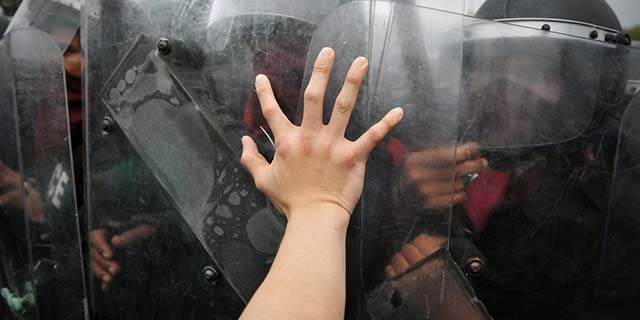
In this instance, al-Maskati’s choice to use his real name was intentional and he does not regret that choice despite the consequences he faced. However, for many others who are silenced in this way, anonymity is the only way to be heard while remaining safe.
But don’t think that this is only an issue in third-world countries. In fact, online harassment has been a huge topic of discussion right here in domestic America over the past few years, and that discussion won’t be dying down any time soon.
Online harassment can manifest in many ways, including but not limited to:
But the safety to speak one’s mind freely is also important in scenarios that aren’t as “serious” as the ones above.
For example, some might say the world would be a better place if we were all held accountable for the online reviews we submit for products and services, but the opposite is also true: without fear of repercussion, we can be 100% truthful if we have something negative to say.
Or consider the case of someone who lives in a dangerous neighborhood, reads a news article about yet another fatal shooting, and wants to speak his opinion in the comments but fears that the gang will find out and call for punishment. Anonymity allows for that.
Whistleblowing is an extreme version of this, where anonymously-released details and evidence can be used to keep people accountable for their words and actions. Without any anonymity, the revelation of high-stakes secrets would always come with dangerous consequences.
There’s one other major category of people who benefit from anonymity: those who need more information on a given topic but don’t want to be caught seeking out that information. Most people actually fall into this group without realizing it.
One common example is someone who’s struggling with their sexuality, hasn’t gone public with that struggle, but has many unvoiced questions and concerns. This person can ask all of their questions in an online community without revealing their identity and risking premature exposure.
Medical questions are another sensitive area. It’s not uncommon to hear stories of young girls who got pregnant or contracted an STI and want to seek out medical advice without their parents finding out. The guy who’s having weird bowel movements may also want answers while remaining anonymous.

The list goes on: people who struggle with mental health issues, people who are cheating in relationships, people who need divorce advice, people who are caught up in legal issues and don’t want to incriminate themselves, etc.
We’ve all been in situations where we’ve taken our online anonymity for granted, and we’ll find ourselves in many more of those same situations as the years go by. How would you feel if every single question of yours was tied to your real-life identity?
This is one reason why Reddit is so popular as a hub for online communities. You don’t even have to provide an email address to create an account, which allows people to make “throwaway” accounts and ask or provide information without risking their identities.
Perhaps that’s the real question to ask. Even if we all agreed that online anonymity is absolutely necessary, is it something that could be achieved? We’ve asked this before and the answer is clear: pseudo-anonymity is possible, but true anonymity isn’t.
You can be slightly more anonymous by using an encrypted system like Tor, but even that has its drawbacks and flaws. The good news is that Kim Dotcom is working on an alternative Internet that purportedly allows for true anonymity. Whether it actually comes to fruition or not, we’ll just have to wait and see.
How do you feel about online anonymity? Should we be fighting for more of it? Or is it actually more harmful than good? Share your thoughts with us in the comments below!
Image Credits: Protestor by 1000 Words via Shutterstock, Medical Laptop by Sergio Stakhnyk via Shutterstock

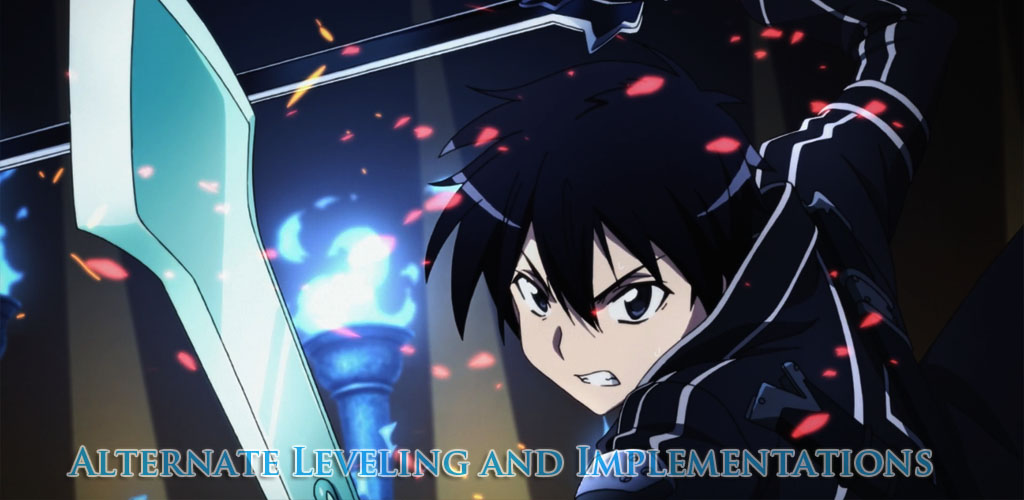


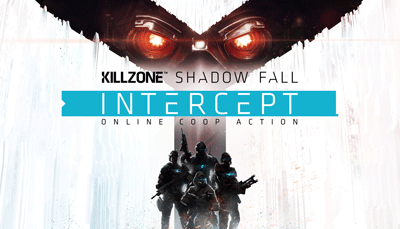 How to install Killzone Shadow Fall PS4 Intercept Map
How to install Killzone Shadow Fall PS4 Intercept Map ChefVille Guide
ChefVille Guide Best Survival Games For PC: Youll Be Eating Your Boots
Best Survival Games For PC: Youll Be Eating Your Boots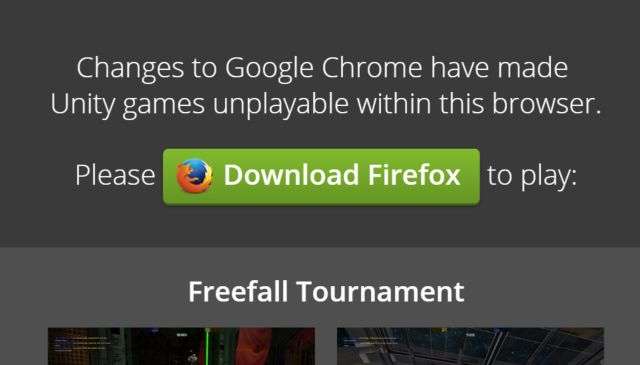 Download and Run Your Favorite Flash Games Before They Go Away
Download and Run Your Favorite Flash Games Before They Go Away Halo: Combat Evolved Anniversary Achievements List
Halo: Combat Evolved Anniversary Achievements List